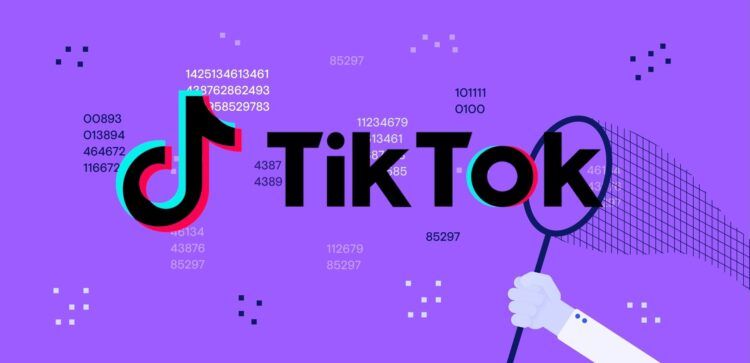The question of what data does TikTok collect was asked just hours after TikTok’s recent congressional hearing.
TikTok, the wildly popular social media app, faces scrutiny from Capitol Hill due to allegations that the app poses a national security threat. In an effort to avoid being banned, TikTok has highlighted the support of its business owners and influencers who rely on the app to make a living. However, the question remains, what data does TikTok collect from its users?
What data does TikTok collect?
It is crucial to know what data does TikTok collect once you agree on their policy.
When users install TikTok on their phones, they agree to give up a significant amount of personal information. This information includes purchase information, such as payment card numbers, billing and shipping addresses, as well as a user’s activities on other websites and apps or in stores, including the products or services purchased, online or in-person.

In addition, TikTok collects file names and types, keystroke patterns and rhythms, IP address, mobile carrier, time zone settings, model of the device, operating system, information about videos, images, and audio, objects and scenery that appear in user videos, biometric identifiers such as faceprints and voiceprints, and cookies that collect, measure, and analyze which web pages users view most often and how they interact with content.
For those who are wondering what data does TikTok collect, here is a full list:
- Purchase information, including payment card numbers, billing, and shipping addresses
- User’s activities on other websites and apps or in stores, including the products or services purchased, online or in person
- File names and types
- Keystroke patterns and rhythms
- IP address, mobile carrier, time zone settings, model of the device, and operating system
- Information about videos, images, and audio
- Objects and scenery that appear in videos, including tourist attractions, shops, or other points of interest
- Biometric identifiers such as faceprints and voiceprints
- Cookies that collect, measure, and analyze which web pages users view most often and how they interact with content
- Small images or pieces of data embedded in images and ads that can recognize the time and date a page is viewed and a description of that page

Concerns have led to a congressional hearing
TikTok’s data collection practices have raised concerns among privacy watchdogs and cybersecurity experts. According to Evan Greer of the privacy watchdog Fight for the Future, TikTok’s data collection practices are akin to giving the company “the keys to the kingdom“.
Meanwhile, cybersecurity expert Will Gragido of NetWitness warns that TikTok’s data harvesting has reached a whole new level, allowing the app to “re-imagine the phone in the likeness of the original device”.
While TikTok claims that users control the data the company collects, many users simply hit “approve” without fully understanding the implications of the app’s privacy policy.

Furthermore, the fact that TikTok’s data is stored in the U.S. and Singapore but connects to servers in China has raised major concerns among lawmakers. Shou Zi Chew’s confessions at the TikTok congressional hearing on the other hand have shaken the tech world completely.
In the end, users must trust the company they download an app from to responsibly handle their data. As Gragido warns, just because something appears harmless does not mean it is. The potential for TikTok to be used for misinformation, disinformation, espionage, and data surveillance is very real.
Now that you know what data does TikTok collect, you know why you should not check the checkboxes under the Terms of Policy without reading them.





